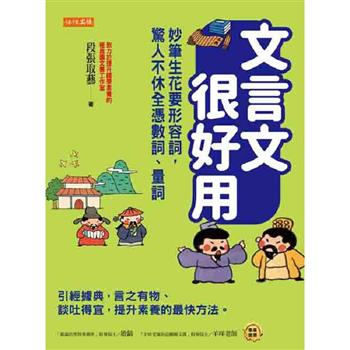Written in response to a brutal ethnic conflict that shocked Europeans in the 1990s, post-Yugoslav literature addresses issues that are still pertinent today.
Looking at questions of language, gender, memory and identity, this book sheds new light on texts by three post-Yugoslav authors writing in German: Sasa Stanisic, Marica Bodrozic and the lesser-known Austrian author Alma Hadzibeganovic.
Drawing on sources from history, sociology, feminist theory, trauma studies and linguistics, the author argues that post-Yugoslav texts use multilingual strategies to explore the complex interplay of linguistic, ethnic, gender and sexual difference in the former Yugoslavia and to interrogate the monolingual paradigm dominant in Western Europe. She shows that post-Yugoslav literature - written in German and born out of spatial and linguistic dislocation - can open up new imaginary possibilities and point to transnational bonds that counter the acute sense of loss and speechlessness induced by trauma.
The proposal for this book was the Winner of the 2018 Women in German Studies Book Prize.

 看圖書介紹
看圖書介紹







